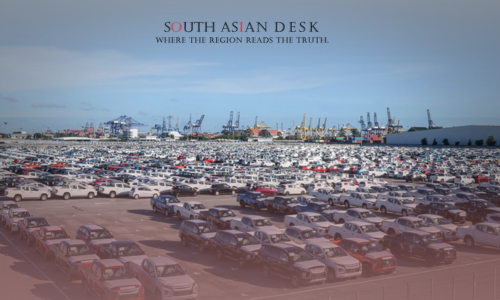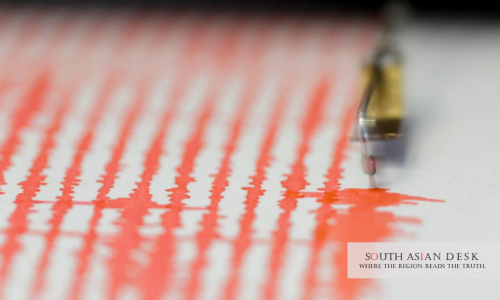In a nation where each vehicle sale fuels dreams of mobility and opportunity, Pakistan auto sales have shown heartening resilience, posting a 10.9 per cent annual growth in July 2025, even as monthly sales dipped by 25.2 per cent from June. This duality captures the hopes and challenges of countless families and businesses, as the sector navigates economic shifts while laying the foundation for a brighter future.
According to the Pakistan Automotive Manufacturers Association, 13,448 vehicles were sold in July 2025, up from 12,125 units in July 2024. This growth reflects a steady demand for cars, trucks, and buses, offering a lifeline to workers in manufacturing plants and dealerships across cities like Karachi and Faisalabad. For many Pakistanis, a vehicle is more than transport; it is a pathway to better jobs, education, and family connections. Yet, the monthly decline from June’s 17,987 units reveals the impact of a high base effect, as buyers rushed to purchase before anticipated budget changes, leaving July with a quieter market.
The monthly drop in Pakistan auto sales, industry leaders explain, stems from seasonal patterns and economic adjustments. June’s surge was driven by pre-budget buying, as consumers anticipated potential tax hikes or policy shifts. Despite this, the annual increase signals enduring confidence in Pakistan’s economic recovery. Commercial vehicles, including trucks and buses, saw a remarkable 37.5 per cent year-on-year rise to 305 units, bolstering logistics and public transport sectors that support thousands of livelihoods. This growth resonates with small business owners and drivers, whose daily efforts keep goods and people moving across the country.
Major manufacturers reported mixed results, reflecting the market’s dynamic nature. Toyota Indus Motors and Honda Atlas achieved annual sales increases of 14 per cent and 44 per cent, respectively, as their reliable models appealed to families seeking value and durability. Hyundai Nishat, however, faced a 9 per cent decline, grappling with supply chain issues and shifting consumer preferences. These figures highlight the challenges of balancing production with demand, yet they also underscore the resilience of an industry that sustains jobs and aspirations for countless Pakistanis.
Looking forward, the automotive sector holds promise for further growth. Government efforts to stabilise financing costs and reduce import duties could ease the burden on buyers, many of whom save for years to afford a vehicle. The growing interest in electric vehicles, particularly in urban hubs like Lahore, signals a shift towards sustainability, aligning with the ambitions of younger consumers who value affordability and environmental care. For rural families, a new tractor or van can transform agricultural businesses, enabling them to reach markets and improve their quality of life.
Future Projection of Pakistan Auto Sales
The 10.9 per cent annual growth, despite a monthly dip, tells a story of perseverance. Each vehicle sold supports factory workers, mechanics, and salespeople, weaving a tapestry of economic activity that strengthens communities. As Pakistan’s automotive industry adapts to economic ebbs and flows, it remains a beacon of hope, reflecting the nation’s determination to thrive. With supportive policies and sustained consumer confidence, Pakistan auto sales are poised to drive progress, carrying the dreams of millions towards a more prosperous tomorrow.
Published in SouthAsianDesk, August 13th, 2025
Follow SouthAsianDesk on X, Instagram, and Facebook for insights on business and current affairs from across South Asia.






